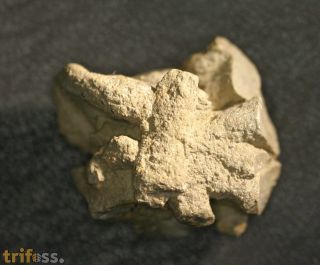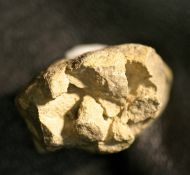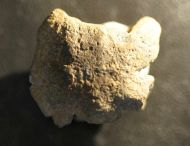Fossils for sale
Welcome back!
Sold:
Brooksella alternata WALCOTT, 1896
Products description
| Brooksella alternata was first described by the famous palaeontologist Charles Walcott in the year 1896. In the past thiese fossils where interpreted as impression marks of medusas in the soft sediment. Later interpretations mean that this is some kind of a trace fossil*. (*Ichnofossils). The newest scientific results seems to proof that Brooksella is a real body fossil. It is now accounted to an extinct group on sponge. Literature : Ciampaglio, C.N., C. Wellman, H. Brunswick, A. York & L.E. Babcock. 2005. Reinterpretation of Brooksella from the Conasauga Formation (Cambrian) of Georgia and Alabama, USA. in The Fourth International Symposium on the Cambrian System and the Tenth Field Conference of the Cambrian Stage Subdivision Working Group, Nanjing, August 18-24, 2005, abstracts and short papers. Acta Micropalaeontologica Sinica 22(Supplement): 21-23. Ciampaglio, C.N. & L.E. Babcock. 2006. Reinterpretation of Brooksella from the Conasauga Formation (Cambrian) of Georgia and Alabama, USA. Geological Society of America Abstracts with Programs 38(3): 4-5. | |||
Location: | Centre, Alabama, USA | ||
| Size: | about 33 mm diameter | ||
| Age: | Middle Cambrian, Consauga Formation (about 518 Mill. y.) | ||
Product no.: 2920


